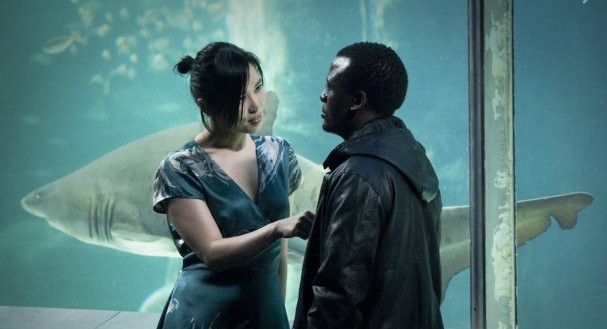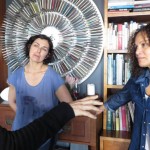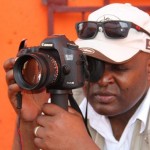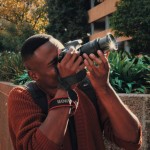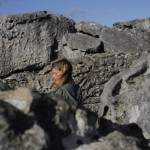By David Pountain
Watch Cold Harbour on FilmDoo.com
Carey McKenzie’s Cold Harbour is a South African crime thriller informed by a new era of globalised corruption, where what goes down in the streets of Cape Town can send ripples all the way to New York or Bangkok via Hong Kong. Principled cop Sizwe (Tony Kgoroge) falls into this hazardous world when he investigates the death of a Chinese man washed up on a Cape Town beach, soon tracing the incident back to local Triad dealings and some shady activity in his own department.
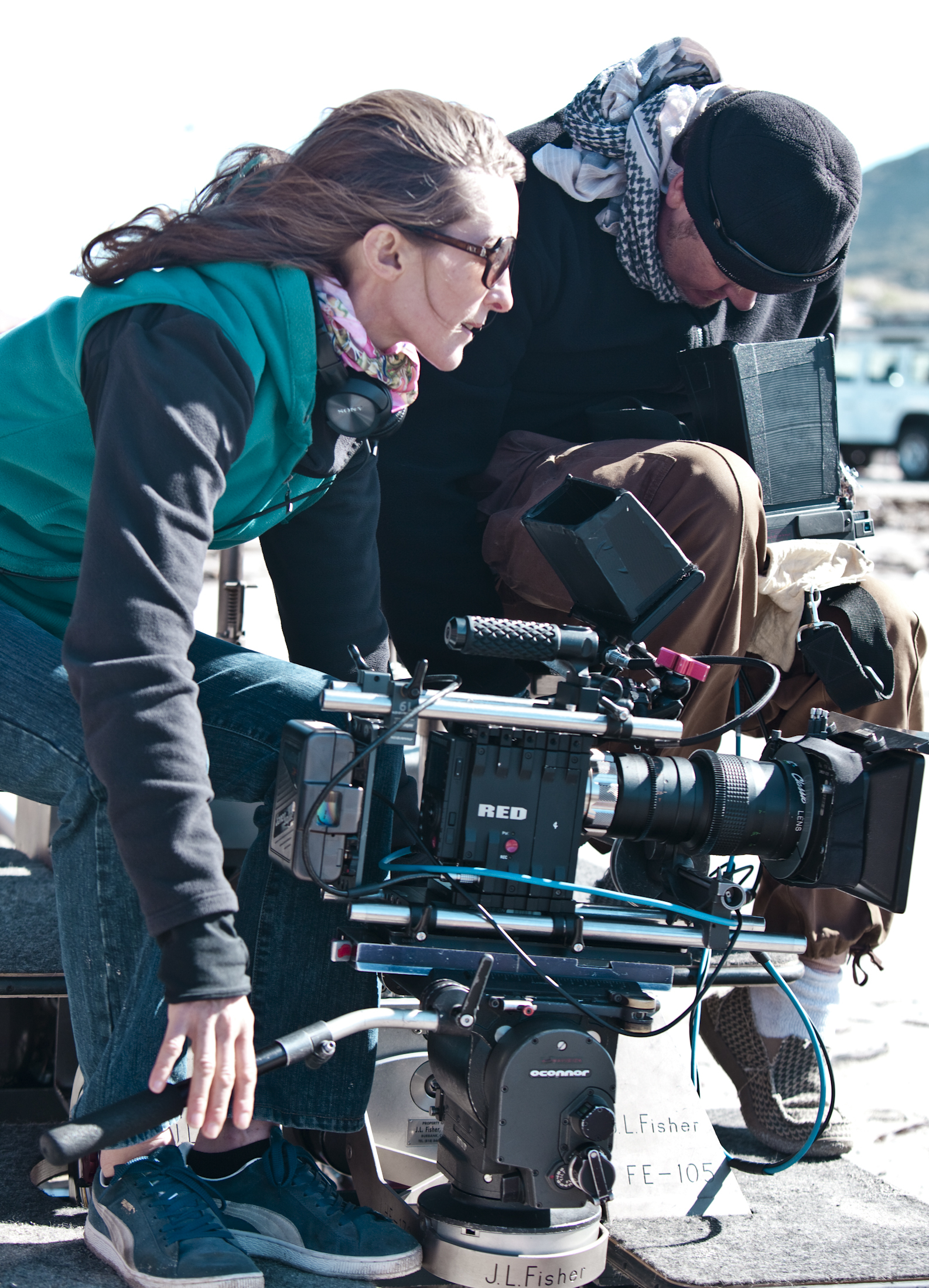
Speaking to FilmDoo, director McKenzie shares her thoughts on the newly available feature.
What films would you say served as creative inspirations for Cold Harbour?
Bullitt (with Steve McQueen), Get Carter (with Michael Caine), The Parallax View (with Warren Beatty), Dirty Harry (with Clint Eastwood) – all classic 1970s thrillers with antiheroes, dark endings, crime and corruption. These films came out of a time of social and political upheaval, so there’s some similarity to the atmosphere in South Africa now and during the last thirty years.
Have you worked much previously in the crime thriller genre, or with this size a budget?
I’ve written other thrillers, but Cold Harbour is the first one I’ve directed. It is extremely low budget for the genre. The producer Tendeka Matatu is creative and determined; he and I were equally ambitious in the elements we wanted: the best local cast and crew – none of which we could afford. We found collaborators who were interested in being involved in making something which seemed relevant and had a willingness to work with what we had. It was especially demanding for the lead actor Tony Kgoroge who showed extraordinary dedication and did his own fights. Action is very time-consuming to shoot. We had only 26 days, so that was a challenge.
The cinematography of Shane Daly grants a distinct character to Cape Town. Did you work closely with him to capture the spirit of the city?
Cape Town is my home town, and I’d been longing to make a film which showed the huge gap between rich and poor, and the brutality interwoven with the city’s beauty. Shane and I started talking about the look of the film when I was still in the very early stages of writing it. We agreed that it had to be anamorphic (wide screen) with a desaturated noir palette. Noir is about a dark night of the soul, so the visual approach was both thematic and existential.
Shane and I share a love of 1970s American studio classics, and a special admiration for the work of Vittorio Storaro (Apocalypse Now) and Darius Khondji (Se7en) – they are the masters of colour film noir. We watched some films together during prep, talking non-stop. Notably Elite Squad and City of God. We agreed to shoot for the big screen. I wanted to move the camera as much as possible, and to design scenes so that we weren’t stuck with ‘standard coverage’. The crime genre is a television staple and we wanted Cold Harbour to be cinematic.
Shane handheld the entire film, sometimes sitting on the dolly, except for a handful of days when we had a steadicam operated by Volker Kreinacke. Shane is about 6 ft 6 which means his shoulder is head height. He did a lot of charging around over rough terrain with the RED on his shoulder.
We shot with the RED Epic using 35 mm anamorphic primes. Shane has a close relationship with the team at RED and worked with them to refine the technical details. Shane made sure the dailies had something approximating what he had in mind for final graded look of the film, so during the edit and sound design, the visual mood of the film was more or less there. Colorist Yoav Dagan at Tint Post did brilliant work. We shot one scene day for night, because we couldn’t light the lagoon; that was especially tricky.
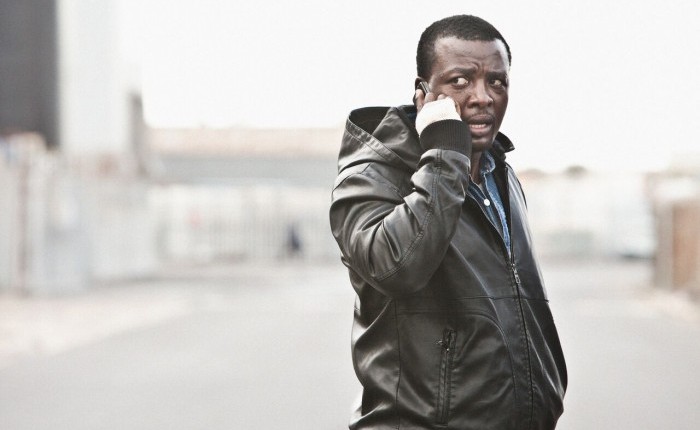
There are some who have interpreted parts of this film as a reflection of China’s increasingly close relations with South Africa in trade and politics. Is this an interpretation you agree with?
China has a growing presence all over Africa. The way the Chinese operate is markedly different to the old colonial powers which complicates our reaction to them. However, I was simply inspired by the real life activity of the Chinese Triad in Cape Town, whose interest is primarily in sourcing abalone (known locally as perlemoen) for export to Hong Kong. It’s interesting to me that criminal gangs around the world are founded upon romanticism: blood oaths, secrecy, loyalty. On the face of it these are noble values which capture our imagination and have an enduring appeal in cinema. Since gangsters operate outside the law it makes sense that they have codes of conduct to maintain internal discipline.
Working on other films, I’d come into contact with gangsters in Jamaica and in Japan. I will confess that I was twice seduced by the freedom afforded by their ‘protection’. To be able to move around a rough neighborhood with a camera, unchallenged, is exhilarating. It was sobering to reflect afterwards that we’d been safe because our criminal sponsors had such murderous reputations. Corruption and organized crime are global phenomena; hopefully having Chinese criminals in an African crime thriller suggests that.
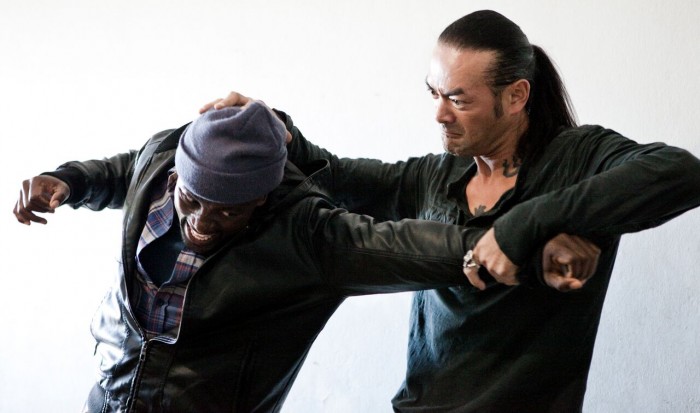
In the film’s depiction of police corruption, were you hoping to convey issues that are specific to Cape Town or is it a more universal problem that you’re presenting?
I tried to capture the universal in the specific. A story must be authentic to feel truthful. The details of how corruption is expressed in Cape Town are particular and sometimes quite peculiar – for example poachers paying off an ambulance crew and transporting illegal abalone with the siren blaring. That’s a real detail. But corruption is everywhere. I was in the US during the Florida election recount of 2000 when Bush contentiously won Florida by a margin of 537 votes, and was thus, for a bewildering set of reasons, elected President. It seemed a lot like a banana republic.
Do you have any new projects in the works?
Yes. I am scheming and dreaming more furiously than ever. I continue to be interested in various iterations of the cross-genre thriller; if a film is not funny, it must have suspense. And my dark heart is drawn to tragic romance.

